Regarding roads, according to the Expressway Network Plan from 2021 - 2030 to 2050 approved by the Prime Minister , the Mekong Delta region has 1,256km and a scale of 4 - 10 lanes, including 3 longitudinal routes and 3 transverse routes. In the period of 2021 - 2025, 10 component projects (DATP) with a total length of 532km will be implemented in the region.
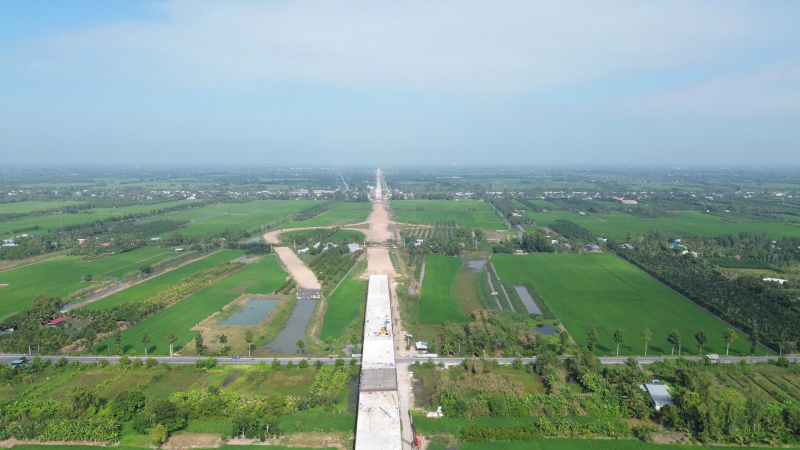
By 2025, it is expected to complete about 206km, including 2 main routes of Can Tho - Ca Mau Expressway (about 110km long) and component project 1 of Cao Lanh - An Huu Expressway. By 2027, it is expected to complete about 226km more, bringing the total number of expressway kilometers in the area to about 553km.
Deputy Minister of Construction Pham Minh Ha said that the progress of key road projects in the Mekong Delta is being accelerated. Of these, the 110km Can Tho - Ca Mau Expressway, the Cao Lanh - Lo Te, Lo Te - Rach Soi Expressway, the Ho Chi Minh Road project from Rach Soi - Ben Nhat, Go Quao - Vinh Thuan, and the Rach Mieu 2 Bridge project will be completed in 2025. The 191km Chau Doc - Can Tho - Soc Trang Expressway is being shortened in progress, to be completed in July 2026...
Regarding aviation, the Mekong Delta region has 4 airports: Can Tho, Ca Mau, Rach Gia and Phu Quoc. According to the Master Plan for the national airport system for the period 2021-2030, with a vision to 2050, Can Tho International Airport will have a capacity of 7 million passengers/year by 2030 and 12 million passengers/year by 2050.
Phu Quoc International Airport 10 million passengers/year (2030) and 18 million passengers/year (2050). Regarding railways, the Railway Network Planning for the period 2021-2030, with a vision to 2050, the Mekong Delta region has a 175km Ho Chi Minh City - Can Tho railway line. Currently, the Ministry of Construction is researching to report to the Prime Minister for consideration and addition to the planning of the Can Tho - Ca Mau connecting section.
Regarding maritime, according to the Master Plan for the development of Vietnam's seaport system for the period 2021-2030, with a vision to 2050 approved by the Prime Minister in 2021, the Mekong Delta region includes 12 seaports. Of which, Soc Trang seaport has the potential to develop an offshore wharf area at Tran De estuary to assume the role of a gateway port in the Mekong Delta region.
Notably, the Tran De port construction investment project is being directed by the Ministry of Construction to study and implement the investment in the dredging component and the Tran De port breakwater system, with a total investment of about 5,500 billion VND. The Tran De port area component is being called for investment by the People's Committee of Soc Trang province, with a total investment of about 30,000 billion VND.
Regarding this project, Mr. Tran Van Lau, Chairman of the People's Committee of Soc Trang province, previously sent a document requesting the Ministry of Finance and the Ministry of Planning and Investment to consider submitting to the Government support of 19,000 billion VND of state capital to invest in building bridges, dredging channels and other basic infrastructure, but so far the locality has not received any comments from the ministries.
Recently, in a meeting on key transport projects in the South held in Can Tho City, Prime Minister Pham Minh Chinh said that if the 5 modes of transport (road, air, sea, river, and railway) are solved, the Mekong Delta will escape poverty, so we must be determined to do it. Regarding roads, the Prime Minister directed that by the end of this term, the Mekong Delta will have 600 km of expressways and strive to have at least 1,300 km of expressways by 2030, nearly 100 km higher than the previous plan.
The Prime Minister emphasized the need to develop synchronous transportation methods in the Mekong Delta with the spirit of "clear people, clear work, clear time, clear products, clear responsibilities, clear progress"; "working together, enjoying together, developing together, winning together, sharing joy, happiness and pride when there are achievements". In that process, it is necessary to ensure "3 yes, 2 no": There are benefits for the State, benefits for the people, benefits for businesses; no corruption, negativity, waste and no loss or waste of assets, efforts and money of the people.
Source: https://cand.com.vn/Giao-thong/giai-quyet-5-phuong-thuc-giao-thong-de-phat-trien-ben-vung-i769233/



![[Photo] Top players gather at the 2025 Nhan Dan Newspaper National Table Tennis Championship](https://vphoto.vietnam.vn/thumb/1200x675/vietnam/resource/IMAGE/2025/5/23/9ad5f6f4faf146b08335e5c446edb107)




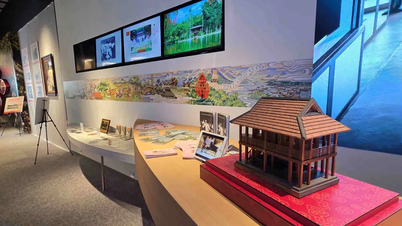

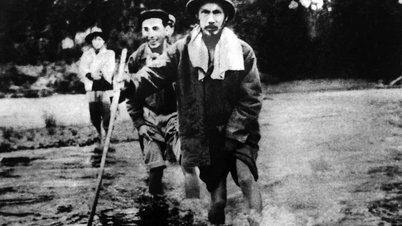

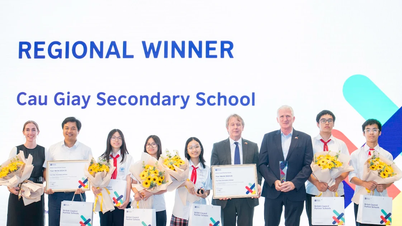


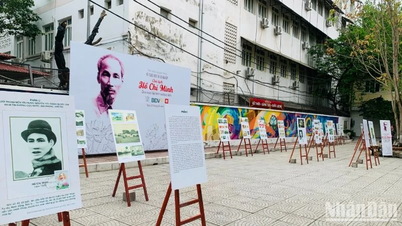






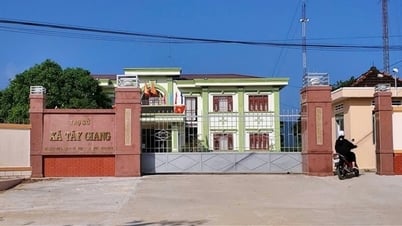
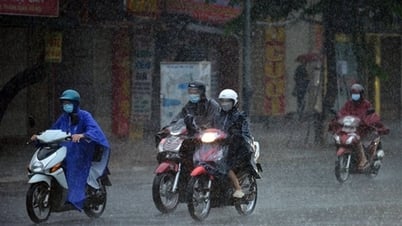
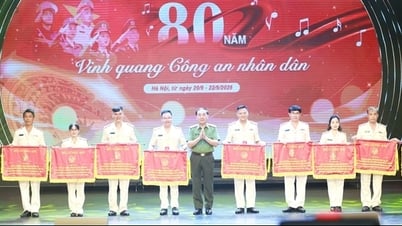
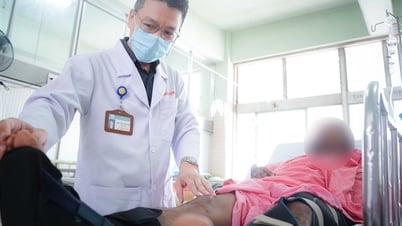
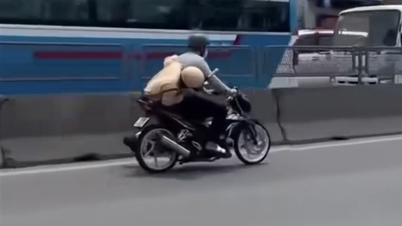










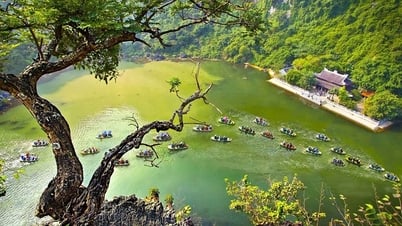










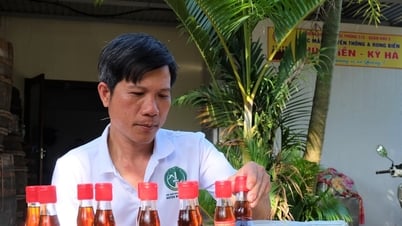



















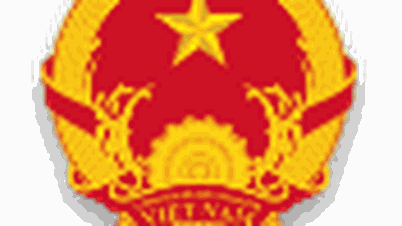

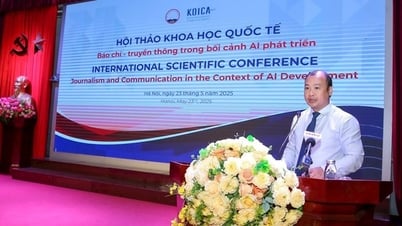
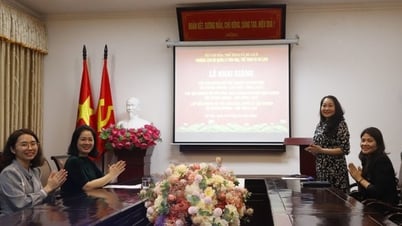
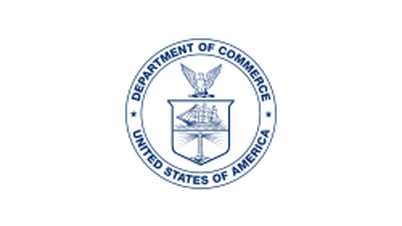

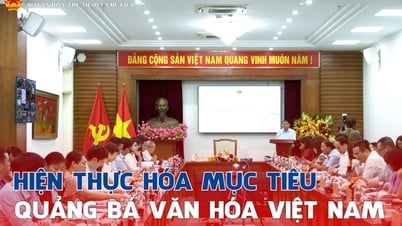
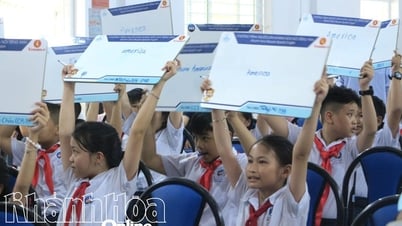

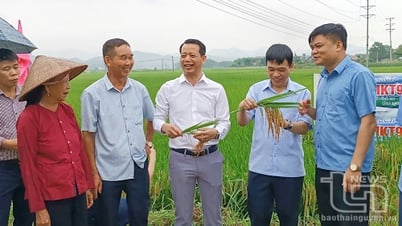

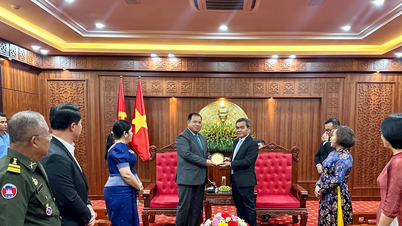



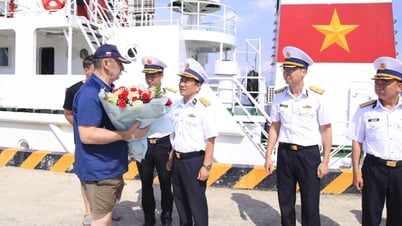
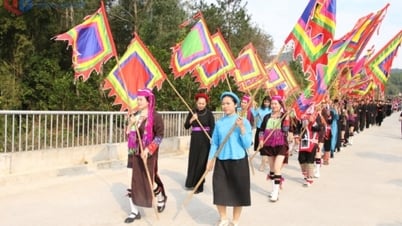











Comment (0)